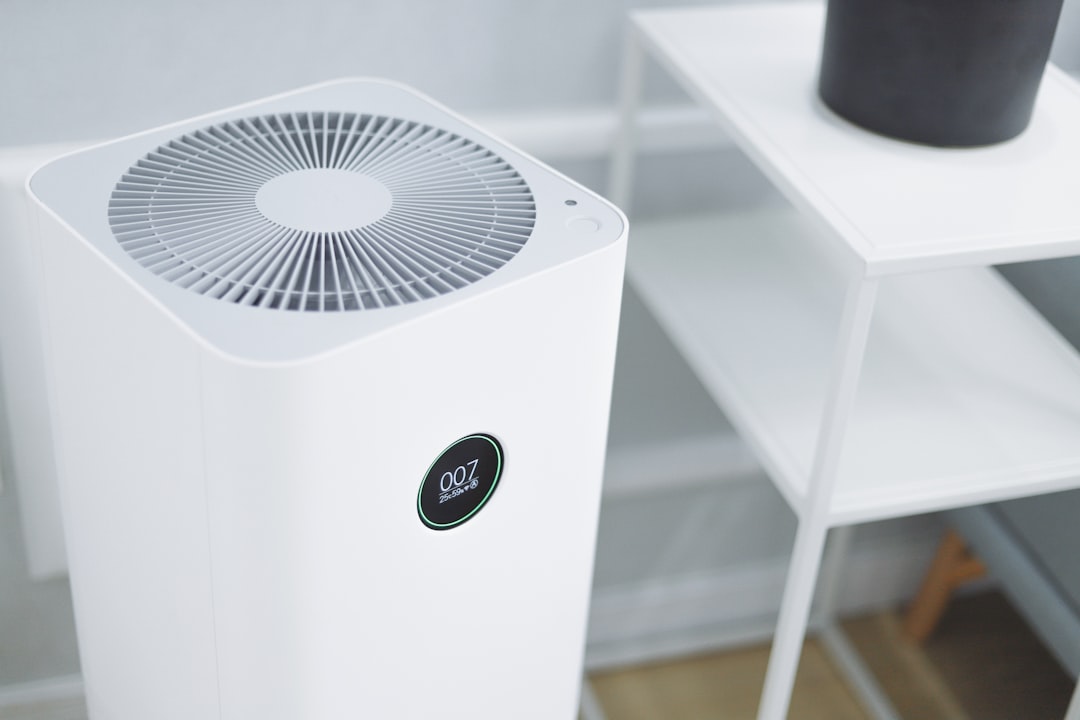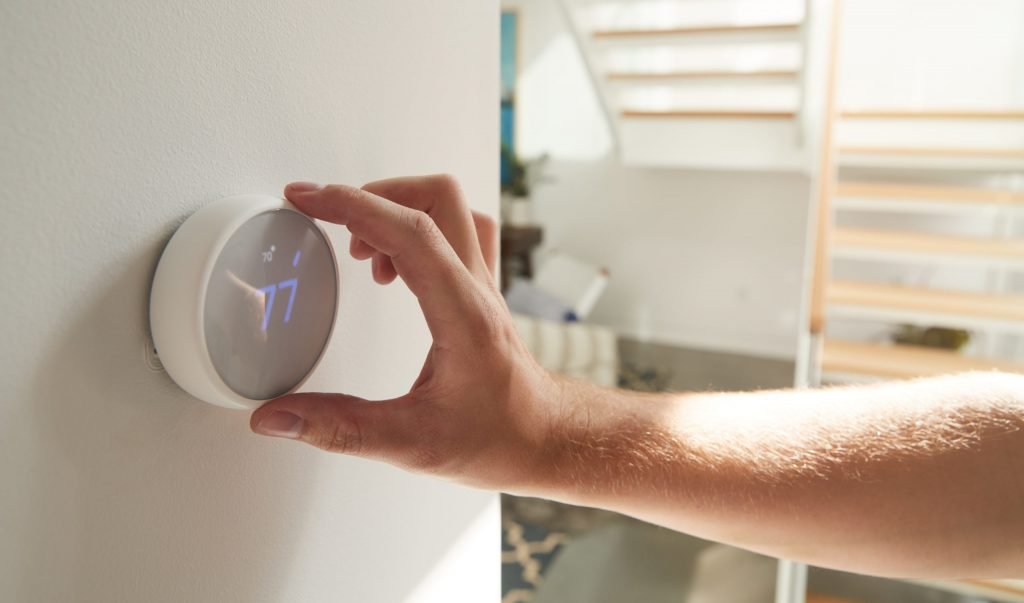Considering that we’ve all been spending more time at home lately due to the ongoing global pandemic, it’s understandable if you’ve been thinking more about your heating and cooling systems. Geothermal HVAC systems are becoming increasingly popular with homeowners, and for good reason. They can save money, reduce energy consumption, and keep you comfortable no matter what the weather is like outside. Taking good care of your system and addressing any issues as they arise is essential if you want to keep it in good working order. If you want to be prepared, keep reading to learn about some problems you may encounter with geothermal air conditioning systems.
What are the problems with geothermal air conditioning?

Geothermal air conditioning is a heating and cooling system that uses the earth’s natural heat to produce comfortable indoor air. A geothermal system includes a geothermal heat pump, which transfers heat from the ground to your home in the winter and from your home to the ground in the summer. Geothermal systems are cost-effective and environmentally friendly, in addition to being a reliable form of heating and cooling that can provide year-round comfort. However, there are still some common geothermal air conditioning problems to be aware of.
Geothermal air conditioning systems are a great way to cool your home, but they do require regular filter changes. A clogged filter can cause your system to work harder than necessary and can even lead to a breakdown. The best way to keep your filter clean is to change it regularly. Most filters need to be changed every three months, but be sure to check the manufacturer’s instructions to be sure. If you don’t have time to change the filter yourself, you can always hire a professional to do it for you. For best performance, HVAC professions suggest changing the filter on a monthly basis.
Any HVAC system can fall victim to common problems like blocked vents, which interfere with your airflow and make your air conditioner less effective. You may also experience a thermostat malfunction. They can malfunction for a variety of reasons, from a power outage to a worn-out component. If you notice any issues, you should call a technician to inspect the system as soon as possible. The lifespan of an average system is about ten to fifteen years, so if your system is older than that, you may need to consider a replacement.
What else can you do to keep your house cool?

No matter what type of HVAC system you have, you should think about upgrading to a smart thermostat. A “smart” thermostat is a thermostat that can be controlled remotely, usually through a smartphone app, to adjust the temperature in your home. Smart thermostats can also track your daily habits and usage patterns to create a heating and cooling schedule that’s customized for your needs. They can even save you money on your energy bills, as the system will ensure that it only uses the minimum amount of energy required to maintain your preferred temperature.
There are also some lifestyle adjustments that will help keep your home temperate, even when the temperature starts to rise. Make sure you have good insulation and use heavy curtains to keep the sun out. You can also install awnings or window shades to keep the sun from hitting your windows directly. Using your oven and your stove less frequently will help. Although it may seem counterintuitive, you should avoid opening your windows, as it will let the air that your air conditioning system has cooled back outside, and let in warmer outdoor air.
Making decisions about how to heat and cool your home isn’t easy and there are a lot of factors to take into account. Geothermal systems have a lot of advantages, but they need to be taken care of if you want them to work efficiently. There are also other things you can do to improve the efficacy of your system, like upgrading to a smart thermostat. If you’re in the middle of a heat wave, you can also take additional steps like blocking out the sun or avoiding certain appliances to keep your home comfortable.












